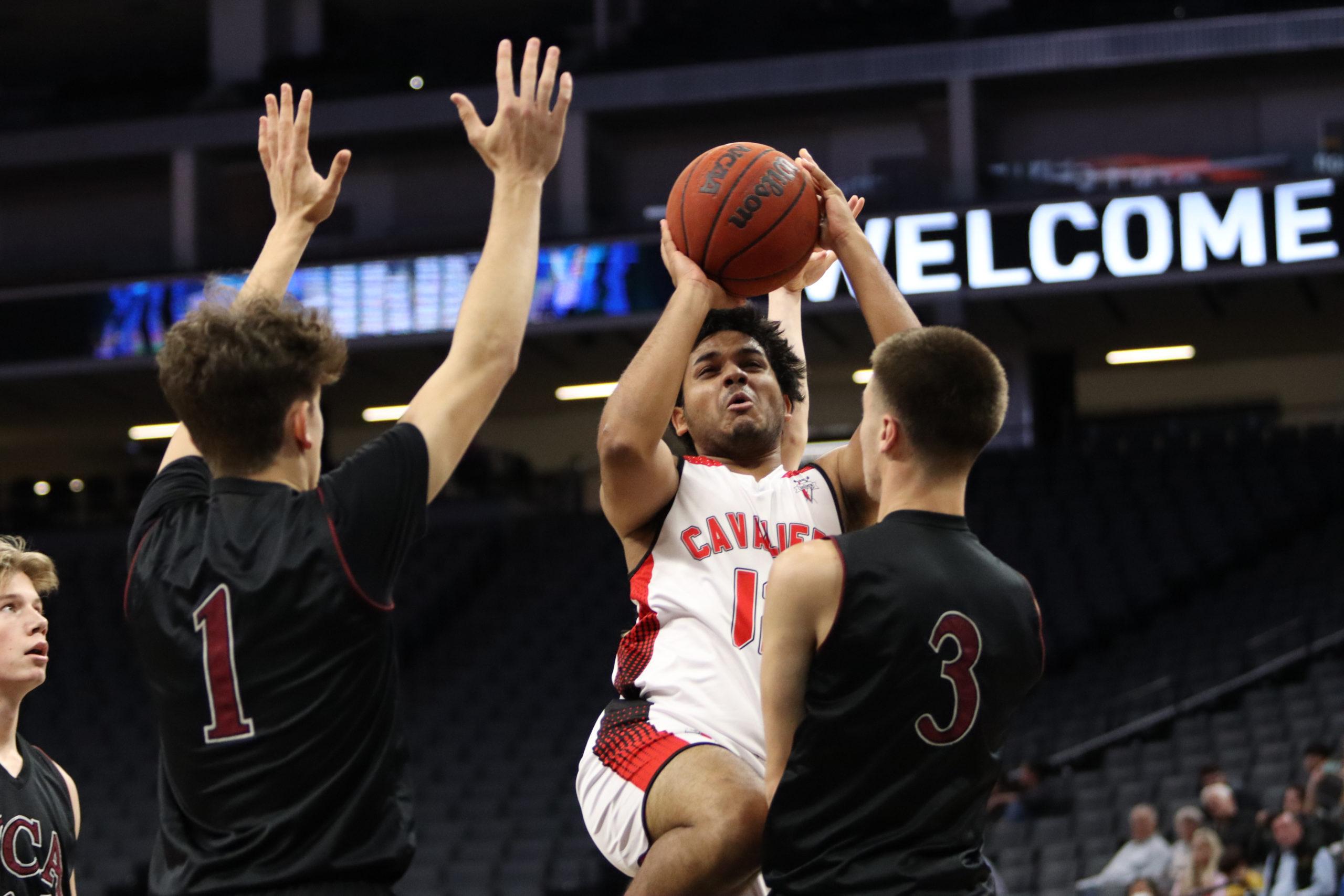The FIFA World Cup Qatar 2022, marked the U.S Men’s National Team’s best World Cup campaign in a decade.
The nation was filled with excitement and anticipation — and Country Day was no exception. For the crucial match against Iran, students piled into the library and televisions were brought out to broadcast the game across campus.
As the game came to a close, cheering was audible throughout campus. The U.S. had made it through the group stage for the first time since 2014.
However, underneath this victory lies the current social unrest wracking Iran, and the protests, boycotts and corruption that have marred the 2022 World Cup.
The countries on the field cannot be divorced from the humanitarian and political issues that affect their citizens.
Sports have always been inherently political, just as the World Cup was this year.
The Iranian women’s rights movement, sparked by the death of Mahsa Amini at the hands of police, took center stage during the country’s matches. The Iranian players bravely refused to sing their national anthem in their first match appearance, and many Iranian fans protested in the stands.
These actions are as much a part of the World Cup as Iran’s victories and losses on the field and should be treated as such.
As an international community, we have a duty not to look away. As a result of those protests at the World Cup, the Iranian government later threatened to harm the families of their players. In fact, BBC World News reported that an Iranian man was assassinated for celebrating the loss of his country’s team.
Iran’s oppressive practices were not the only human rights issue plaguing the 2022 World Cup.
The construction of the World Cup venues in Qatar relied heavily on the Kafala system, according to the Council on Foreign Relations, an independent, nonpartisan membership organization and think tank.
The Kafala system gives private companies nearly absolute control of their migrant workers’ employment and citizen status. Migrants often have poor living conditions, poor labor conditions, low wages and employee abuse. Employers confiscate employee passports, and employers have the power to invalidate the status of their migrant workers.
Major news organizations documented the abhorrent conditions immigrants worked in during the World Cup preparations. Their suffering must be recognized, along with the critical issues brought forth by Iranian players and fans.
It’s easy to dismiss these concerns and blame modern culture for the influence of global politics on sporting events. However, that’s far from the case.
At the 1936 Olympics for instance, American track and field athlete Jesse Owens defied the eugenicist propaganda of the “Nazi Olympics.” His performance — he won four gold medals — cannot be divorced from the context in which that performance was held.
The same is true for the 1968 Olympics, where Black athletes Tommie Smith and John Carlos raised a fist while receiving their awards on the podium. Their act of protest was met with widespread condemnation by both American sporting organizations and ones abroad. Yet they stood tall for the Black Power movement, using their athletic performance as a soapbox to force conversation on important issues.
High school English and Spanish teacher Diego Panasiti recognizes the importance of politics within sports.
While he enjoys watching the World Cup, he believes that contextualization is important.
“When I watch World Cup games in school, I don’t say anything. I just let the game play. When we’re reading about immigration and the abuses of day laborers, then I’ll mention the World Cup,” Panasiti said.
Conversations such as those are crucial to social change. According to NBC Sports, the FIFA World Cup Qatar 2022 is expected to be the most viewed tournament in FIFA’s history and draw in as many 5 billion views. This accessibility and reach across conventional borders of language and political lines makes sports an obvious and necessary platform for activists.
“If you want to fight for civil rights, and you want to make a gesture, if you need to bring out an issue that’s happening in the world, that’s why politics should be included. It’s making your voice heard,” Panasiti said.
Global politics will always be intertwined with an event the size of the World Cup, and when players are brave enough to use their platform to bring a discussion to the forefront of international discussion, we must join the conversation.
— By Staff
Originally published in the Dec. 13 issue of The Octagon


